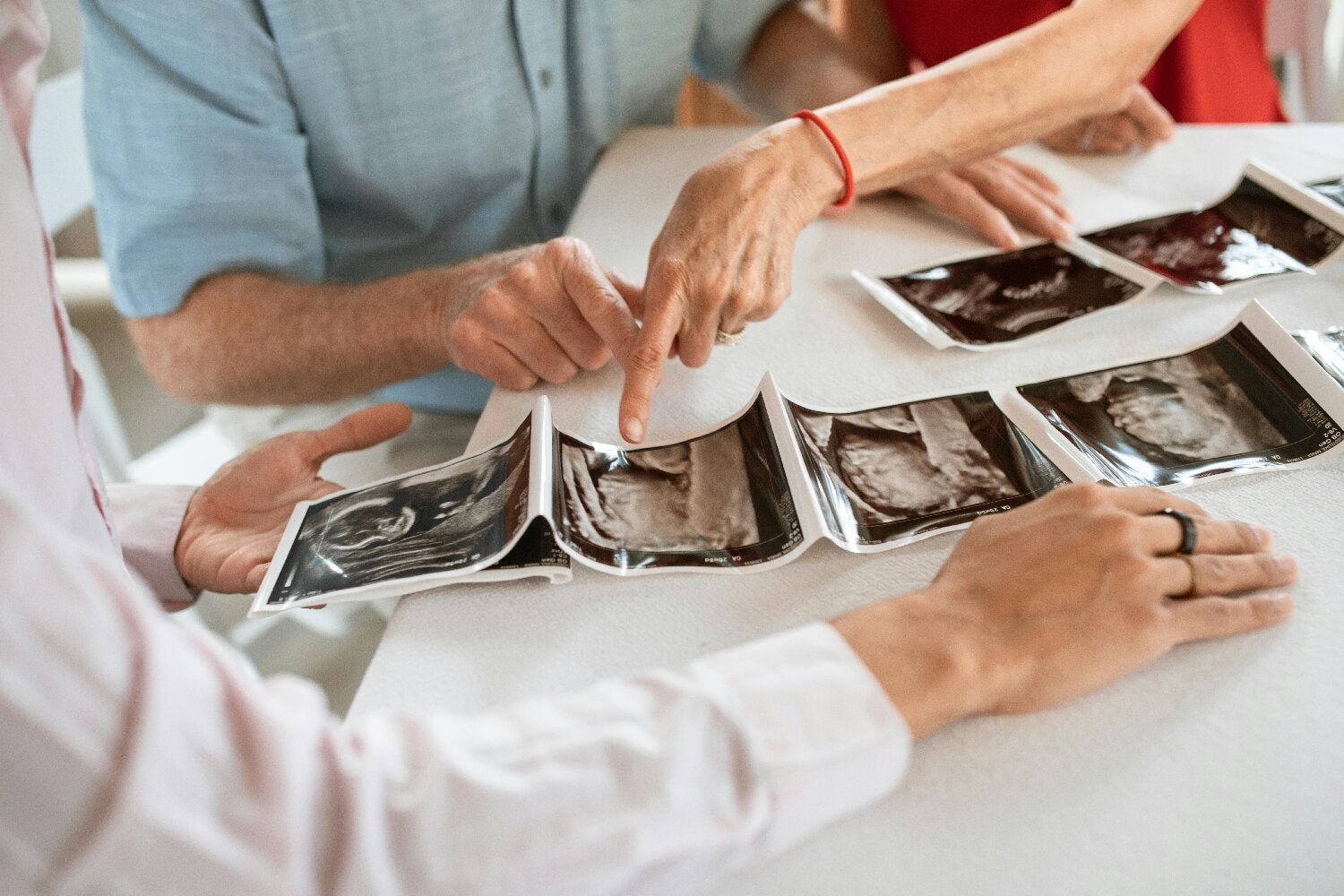Home
Pregnancy & Breastfeeding Tips for New Moms: Preconception, Pumping & Parenting Support
Must-Knows If You Want to Get Pregnant | Ovulation Pros and Cons 2024

Must-Knows If You Want to Get Pregnant | Ovulation Pros and Cons 2024
When you’re trying to get pregnant, knowing as much as possible about ovulation is crucial. Ovulation isn’t that difficult to understand, but knowing the basics can help you decide which days you are most fertile. For many couples, getting pregnant can be a challenge, which can be nerve-wracking to say the least, but the more you learn about the process, the easier it’ll be for you and your partner.
What Is Ovulation?
Ovulation is not the same as having your period. Most women start ovulating about 14 days before the start of their next menstrual cycle, but keep in mind that each woman is different. This is why you can’t just assume that you’ll be ovulating during that time. If you have sex five days before you start ovulating and on the day you start ovulating, the chances of becoming pregnant are much higher.
Ovulation simply means that a healthy egg is released from the ovaries and then travels down the fallopian tubes, where it remains for up to 24 hours. If there is live sperm in the fallopian tube when you’re ovulating, you increase the odds of a successful pregnancy. Often, sperm can remain in the female reproductive tract for up to five days after you have intercourse, but this doesn’t always happen.
Of course, these rules are based on women who have 28-day cycles, but what if your cycle comes every 30 days or they’re even further apart? If you’re included in this category, you can either purchase an ovulation kit at a drugstore or look for one of these two signs:
- Your basal body temperature will rise. If you take your temperature every morning using a thermometer specifically made for registering basal body temperature, you’ll notice a pattern. Take your temperature immediately after you get out of bed. Roughly two or three days before it rises, your fertility level will increase.
- Your vaginal secretions will change. Right before you ovulate, your secretions will be wet, clear, and stretchy. Once ovulation is over, the secretions become more cloudy and thicker and less noticeable.
It Doesn’t Happen Overnight
Paying attention to your body when you’re trying to get pregnant is important, and in addition to the ovulation symptoms mentioned above, the ovulation kits that you find at drugstores can help. They are inexpensive, user-friendly, and help determine exactly when you’re ovulating. Keep in mind that once you get a positive result, you’ll be ovulating about 36 hours, or about one and a half days, later.
It’s also a lot easier when you are preparing for pregnancy to write everything down so you know exactly what your body temperature is and any other symptoms you’re having on any given day. Again, writing everything down establishes a clear pattern, which can make it a lot easier to decide what days you should be having sex. You can also use an online ovulation calculator to make it easier to keep everything organized.
If you’re learning how to figure out your ovulation window, keep in mind that having sex a day or two before you ovulate increases the odds of pregnancy occurring. Once you determine when you’re ovulating, many couples have sex every other day because if you have daily intercourse, it sometimes weakens the sperm and renders it a little less effective.
It Is Not an Exact Science
If you’re tracking what’s going on with your body, using over-the-counter test kits, and paying close attention, learning how to predict when you'll ovulate becomes much easier. If your cycles do not occur exactly 28 days apart, keeping track of everything can help determine when you’re ovulating so you can have sex at the “right” times. Although it isn’t an exact science, after a month or two of writing everything down, you should notice a pattern at that point, which will help.
If you’re one of those women whose cycles are more than 30 days apart, you might want to consult with your doctor, especially if you’ve been trying for several months and it hasn’t worked. And if you’re curious about some of the things that can affect how fertile you are, here are some of them:
- Obesity or being overweight. Losing even 5% to 10% of your weight can help you become more fertile.
- Your age. You become less fertile as you age, especially once you reach the age of 35.
- Your partner’s age and health. When men pass the age of 45, their ability to get their partner pregnant decreases.
And if you’re wondering when you should be concerned enough to schedule a consultation with your doctor, you should do so if:
- You’re younger than 35 and you’ve been trying to get pregnant for a year or more.
- You’re over 35 and you’ve been trying to get pregnant for six months or more.
Patience is also important. It doesn’t happen automatically for everyone, and just because you don’t get pregnant right away doesn’t mean that you never will. That being said, never hesitate to contact your doctor if you have any questions or concerns about your attempts to get pregnant.
Conclusion
If you’re trying to get pregnant, knowing about ovulation and keeping track of what’s happening with your body are helpful tips. Ovulation normally begins about 14 days before your next cycle, and about two to three days before your basal body temperature rises is a good time to have intercourse. Once you track what your body is doing it becomes a little more obvious when ovulation is occurring.
Share
